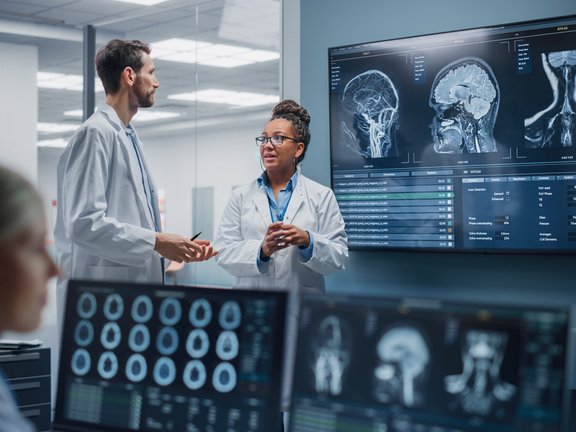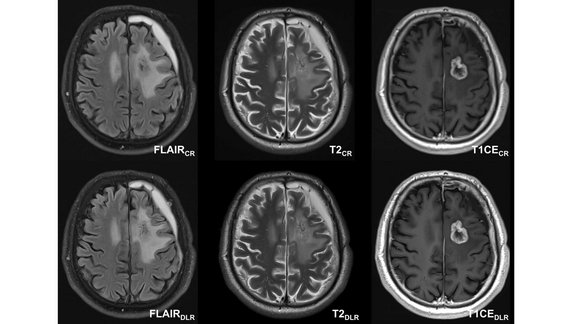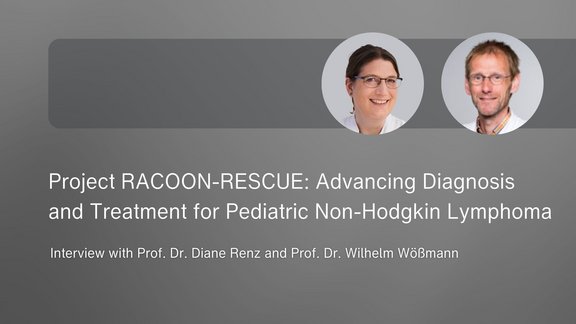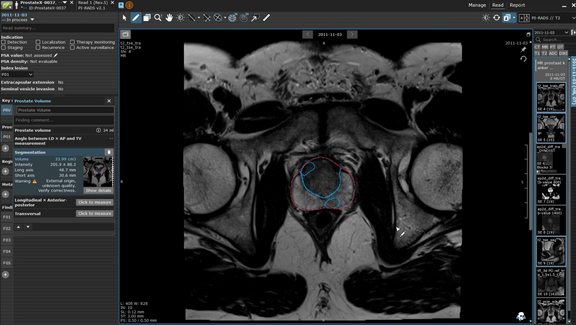This study investigates the use of deep learning (DL) to optimize MRI protocols for glioblastoma patients, aiming to reduce scan time and improve image quality.
Glioblastomas are aggressive brain tumors requiring frequent MRI monitoring, which can be challenging due to lengthy scan times and motion artifacts. Traditional methods to shorten scan times, like parallel acquisition techniques (PAT) and compressed sensing (CS), have limitations such as reduced signal-to-noise ratio and overly smooth images.
The study, involving 33 patients, found that DL-optimized MRI sequences reduced scan time by 30% while enhancing image quality and maintaining diagnostic accuracy. These improvements are particularly beneficial for patients who struggle with lengthy MRI procedures, offering a promising advancement in glioblastoma care.



